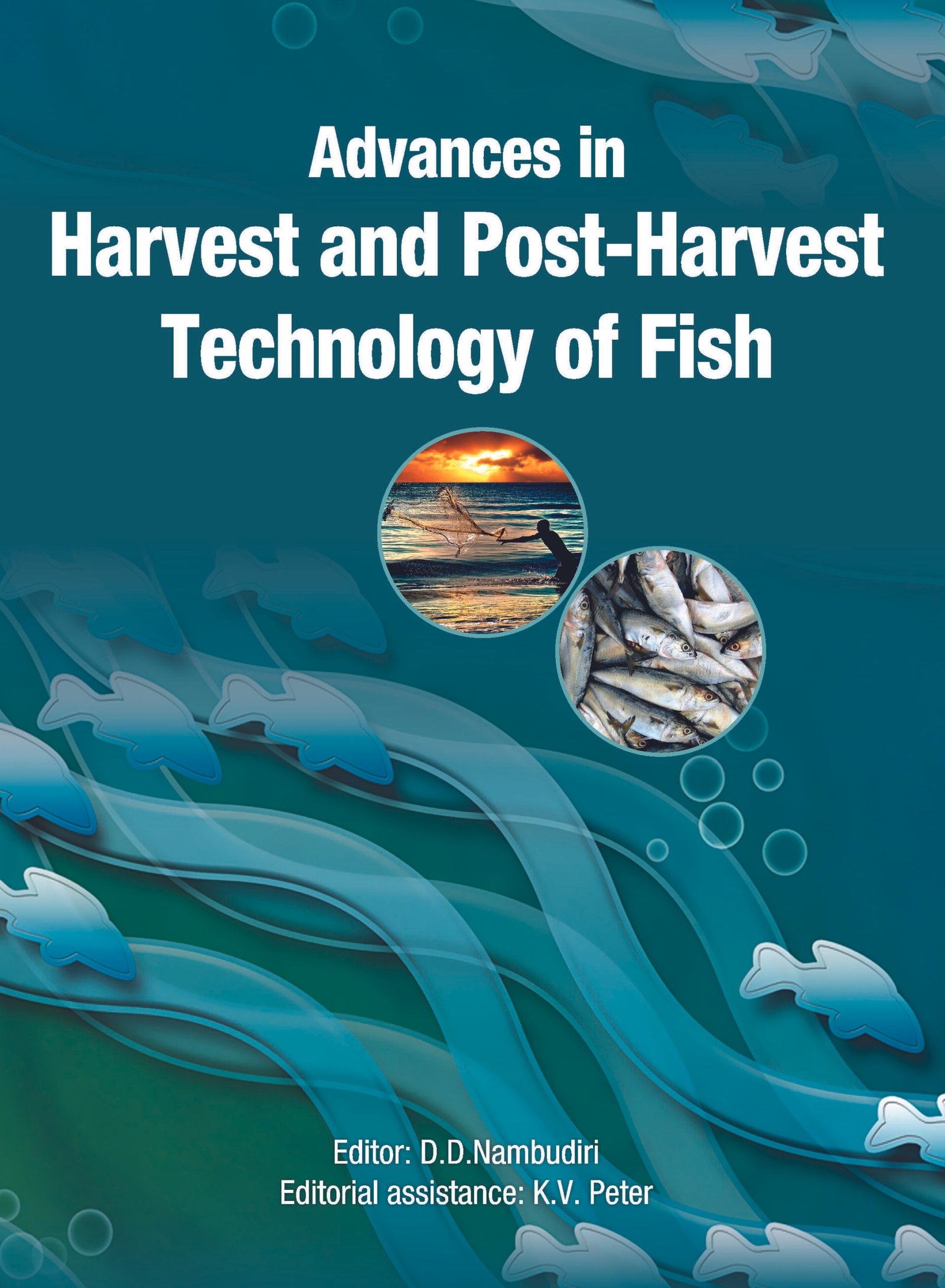| In recent years, India has made significant advancements in the fisheries sector. The refinement of fishing vessels, the use of new line materials and line-handling systems, the preservation of catch, the availability of oceanographic-sensor equipment, and the utilization of satellite technology to locate potential fishing grounds have all contributed to a significant improvement in the fishing power of longline vessels.
The post-harvest technology for fish has also evolved in the last decade to a more energy-efficient, cost-effective, and quality-enhancing technology. The development of technology for post-harvest preservation and the methodology for converting fish to value-added products has become increasingly popular in recent times, as fresh fish can spoil very quickly. Value addition is necessary to obtain a higher price for fishery products. It is essential to develop competent human resources in the field of post-harvest management of fish and the production of value-added products. Vocational and entrepreneurial skills should be inculcated to widen employment opportunities, particularly among rural youth and disadvantaged sections of society, and to enable self-employment. |
















